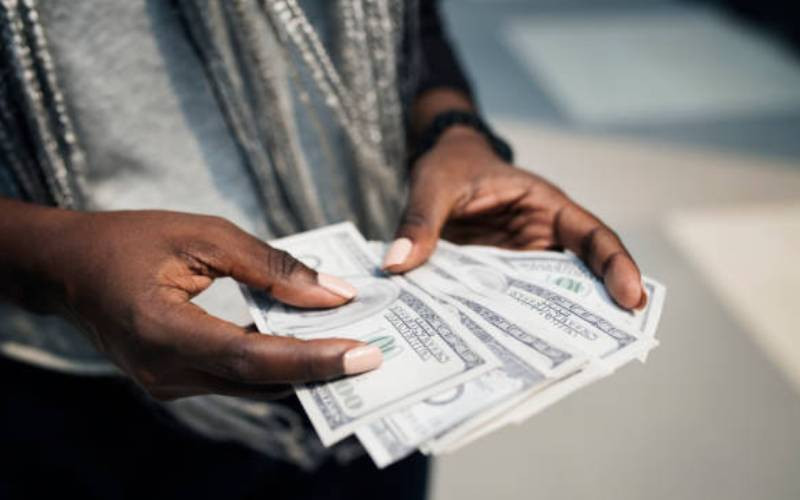×
The Standard e-Paper
Informed Minds Prefer The Standard

Audio By Vocalize

The shilling slumped to an all-time low against the dollar on Thursday on increased demand for the greenback, traders said.
This came a day after President William Ruto assured the government would resolve the dollar crisis to avert an economic crisis.
